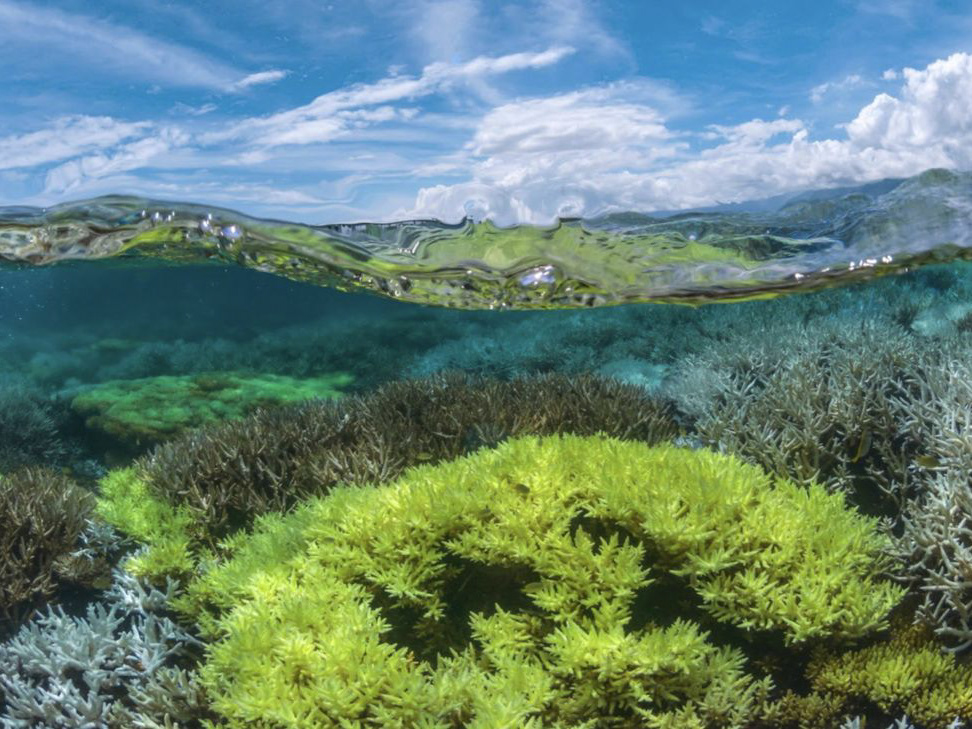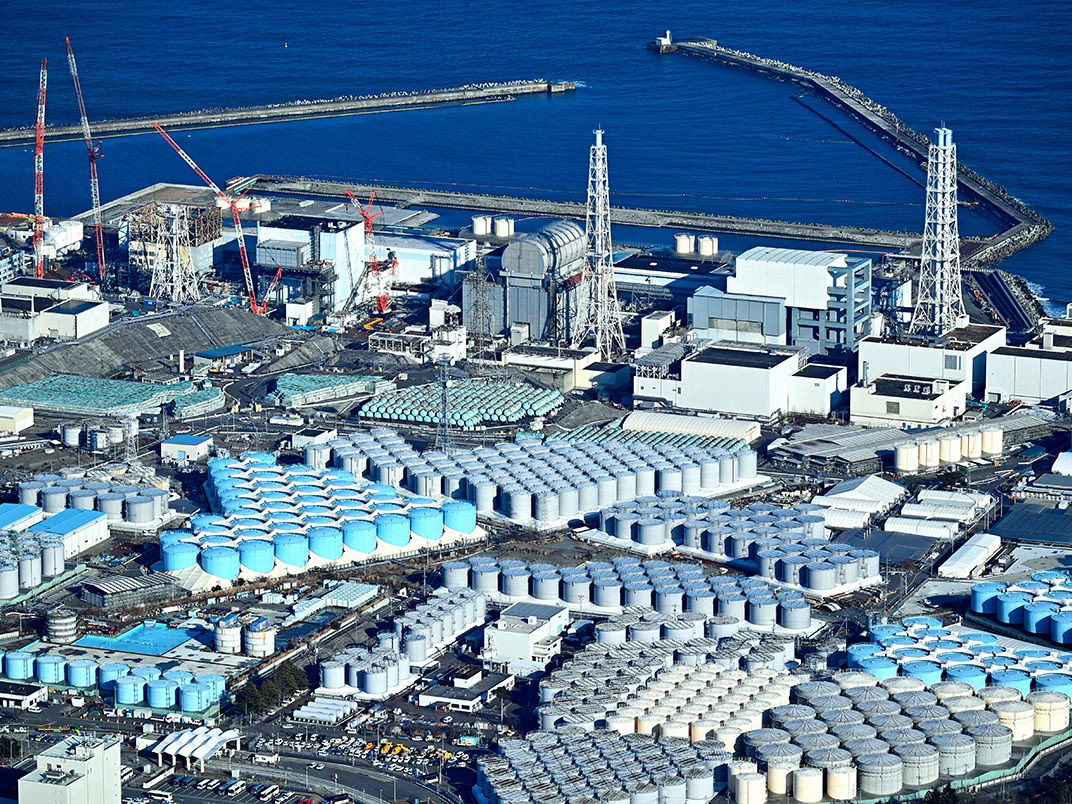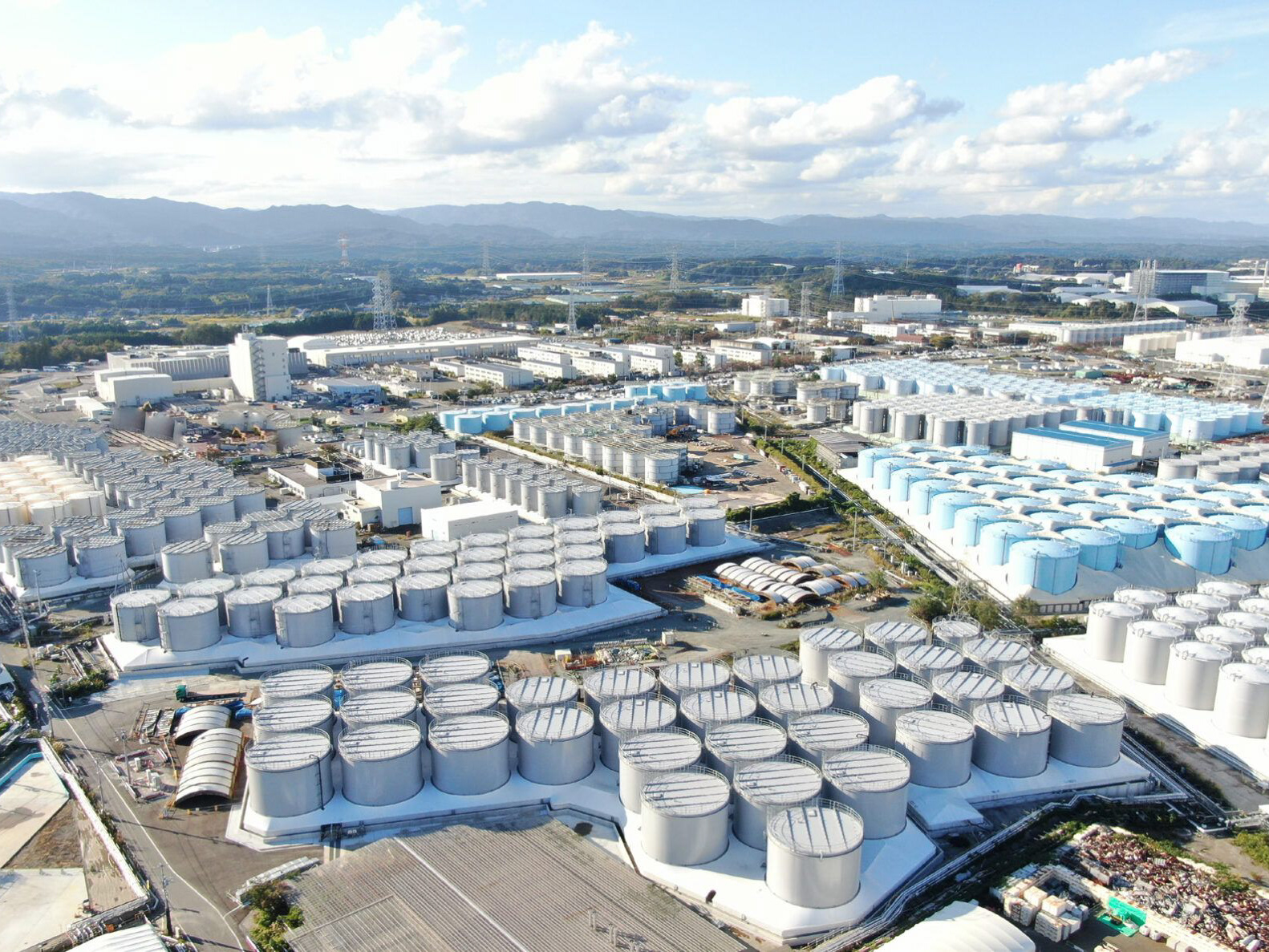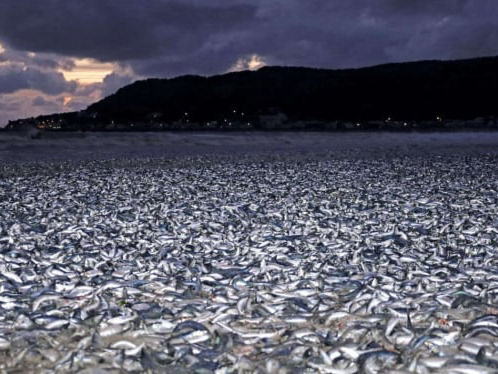South Korea’s response to Japan’s decision to release treated radioactive water into the Pacific has been fraught with tension, oscillating between outrage and reluctant acceptance. While the South Korean government has cautiously acknowledged that Japan’s plan aligns with international safety standards, the overwhelming sentiment within the country remains one of deep unease.
It is important to understand why South Koreans, particularly those in coastal regions, are so concerned. The memory of Fukushima is not distant—it is seared into the collective consciousness of a nation that shares the same waters. Fishing communities, which form the backbone of South Korea’s economy, are rightfully apprehensive. It’s not just about the science behind Japan’s assurances that the tritium levels in the released water are “safe.” It’s about the perception that South Korea’s marine life, and by extension its seafood, could become tainted by association.
Despite diplomatic efforts to smooth over these concerns, the trust deficit between Japan and South Korea runs deep. Historically fraught relations complicate the issue, fueling skepticism that transcends purely environmental or scientific concerns. The South Korean government’s softened stance in 2023, following the International Atomic Energy Agency’s (IAEA) endorsement of the release, has done little to assuage public fears. Protests continue, and environmental groups remain vigilant, demanding more rigorous safety guarantees.
Ultimately, the issue is not just about the release of water but about trust, transparency, and environmental stewardship. South Koreans, especially those whose livelihoods depend on the ocean, are left questioning whether the convenience of one nation should come at the potential cost of an entire region’s ecological health.



